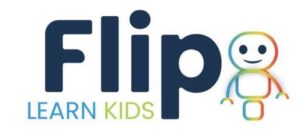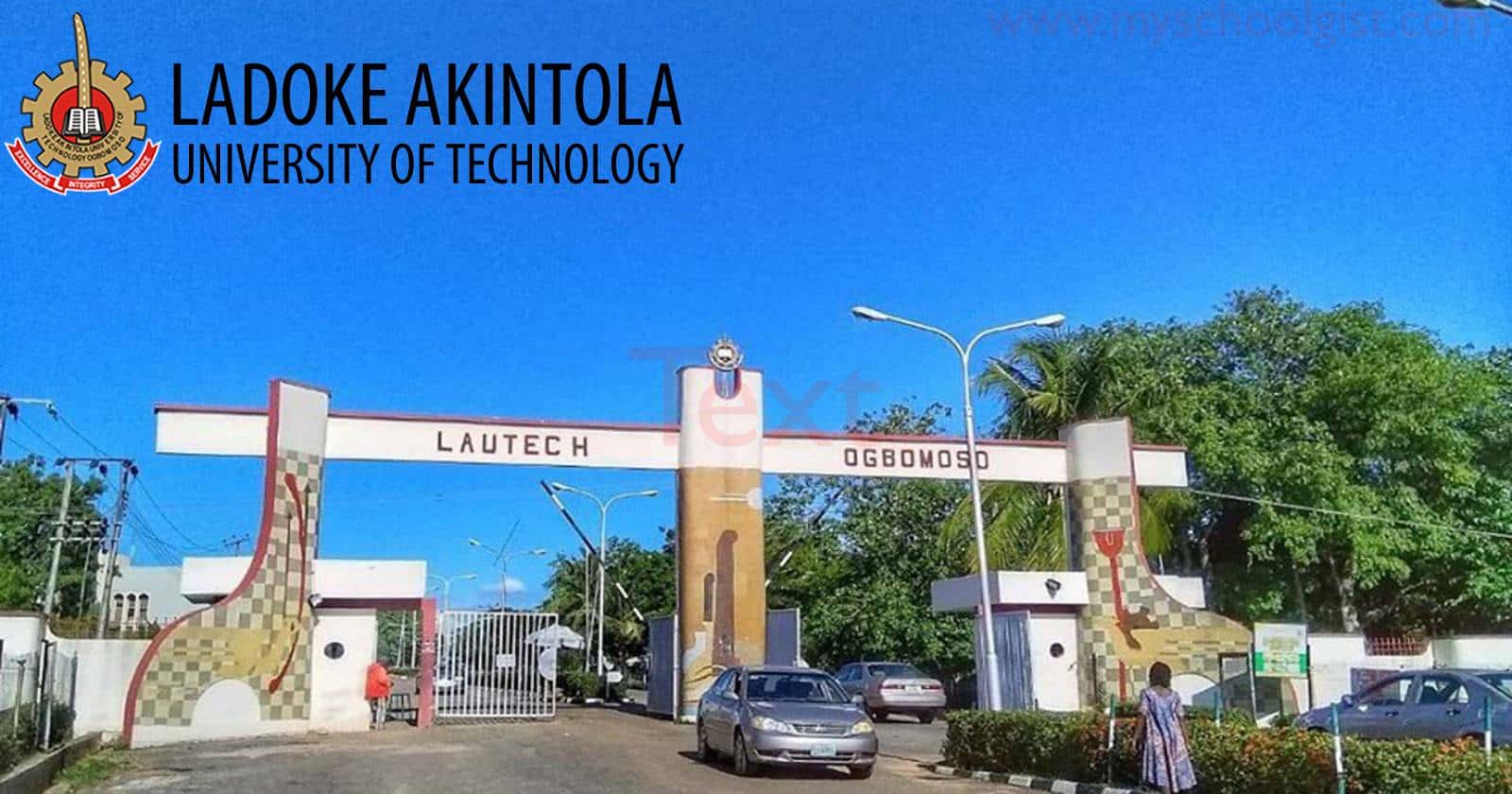As a sophomore at Washington, D.C.’s Jackson-Reed High School, Wengel Debebe has already explored the field of biomedical science — but it’s computer science that has her thinking about her future career.
As a child, Debebe could “code for hours without getting bored.” Now, as a student in the school’s Academy of Computer Science, she’s realizing the impact that working in technology can have and is considering a career in computer engineering. Courses in the computer science academy include computer science principles, Advanced Placement classes and cybersecurity.
“Technology is the future,” said Debebe, who adds that as a woman of color, she wants to bring more racial and gender representation to the field.
Debebe and other students involved in Jackson-Reed’s Career and Technical Education Academy program showcased their skills and spoke about their passions at a Tuesday event hosted by the school, the Association for Career and Technical Education, and the National Association of Home Builders in honor of February’s CTE Month.
“It was probably the best summer ever. I kind of love working now, which is kind of crazy to say as a teenager, but I got so much experience — not just with event management and hospitality but also with professionalism.”

Evelyn Consolla
A junior in the Academy of Hospitality and Tourism
Paige Fogle, a junior at Jackson-Reed, is participating in the school’s Academy of Finance, which offers courses covering business, marketing, finance, accounting, economics and statistics. But Fogle isn’t planning a career in finance. She wants to become a lawyer and one day start her own practice. The finance skills she’s learning now can help her as a business owner, she said.
“It’s important to have these life skills and not be cheated,” said Fogle, who, in addition to participating in the academy, was a paid summer intern at the District of Columbia Department of Insurance, Securities and Banking.
‘A leg up’
At the 2,000-student Jackson-Reed High School, which changed its name this year from Woodrow Wilson High School, about half of the students participate in eight CTE programs. The school is home to seven academies supported by national nonprofit NAF, said Brandon Wims, one of two directors of NAF at the school. The eighth CTE program is Junior Reserve Officers’ Training Corps.
NAF academies are small learning communities supported by NAF, which promotes math and science-based learning, on-the job experiences and career-related lessons, with a mission of connecting educators, business leaders and community members to help prepare students for postsecondary success.
While Jackson-Reed’s students in the Academy of Hospitality and Tourism served breakfast to event attendees, Principal Sah Brown and D.C. Public Schools Chancellor Lewis Ferebee touted the benefits of CTE programs.

District of Columbia Public Schools Chancellor Lewis Ferebee said students who participate in career and technical education have positive outcomes after graduation.
“What’s exciting is that we recognize, Principal Brown recognizes, many of our students who participate in our career and technical education programs have a leg up,” Ferebee said. “There’s two things we know about our students: Students who participate in extracurriculars and students who participate in our career and technical education programs are the most successful after graduation in DCPS [District of Columbia Public Schools], and, in fact, that is actually true nationally as you look at outcomes.”
The 49,000-student district offers 30 industry certifications and 24 different career pathways, Ferebee said. In total, about 4,800 students at six high schools participate in career and technical education, he said. “We’re constantly thinking about what’s high-demand, what’s high-wage, the interests of our students to create that portfolio of options,” the chancellor said.
LeAnn Curry, executive director of ACTE, said the national average graduation rate for students who participate in CTE is 95% — 9 percentage points higher than their peers. Additionally, 91% of high school graduates who had earned two to three CTE credits enrolled in college.
Students in the school’s academies said their involvement has helped them with resume writing, job interviewing skills, leadership competencies, problem solving and more.

Students in a biomedical sciences class at Washington, D.C.’s Jackson-Reed High School record their reactions during an experiment about how hormones can influence their sense of taste.
Several students talked about their on-the-job learning experiences. Evelyn Consolla, a junior in the Hospitality and Tourism academy, said she interned at a five-star hotel in the city. “It was probably the best summer ever. I kind of love working now, which is kind of crazy to say as a teenager, but I got so much experience — not just with event management and hospitality but also with professionalism,” Consolla said.
Encouraging participation
The educators and students also spoke of the need to build interest and accessibility of career programs at Jackson-Reed and elsewhere.
“Our challenge is to make sure students across the country are not only aware of these opportunities, but they can access them and to ensure that educators have the resources they need to ensure their students are successful,” said Curry. CTE programs play a role in building a workforce pipeline that can address labor shortages, she said.

A student in a 3rd year digital engineering class at Washington, D.C.’s Jackson-Reed High School works on a circuit building project.
Ferebee said he often hears from parents and students that they didn’t know about CTE offerings at their schools. One student suggested middle schoolers from a Jackson-Reed feeder school take a field trip to see the high school academy classes in action. Several students said it has helped to share their experiences by serving as ambassadors for the program and promoting the courses to 9th-graders.
Letting interested students shadow current academy students would help those curious about the program to know exactly what is involved, others suggested.
“Our challenge is to make sure students across the country are not only aware of these opportunities, but they can access them and to ensure that educators have the resources they need to ensure their students are successful.”

LeAnn Curry
Executive director of the Association for Career and Technical Education
James Egenrieder, director of Virginia Tech’s D.C. Metro Area Thinkabit Labs STEM Education and Workforce Development programs, said in an interview at the event that early exposure to careers — even for elementary students — can spur creativity and comfort with taking calculated risks. Those skills are helpful in developing the next generation of workers, Egenrieder said.
D.C. State Superintendent of Education Christina Grant said hearing how students made the choices to join the academies, particularly as many current sophomores and juniors were in middle school when the pandemic led to the closure of in-person learning, is helpful to educators as they consider growing CTE access.
“We want to make sure this lives throughout the city,” Grant said.






Leave a Reply